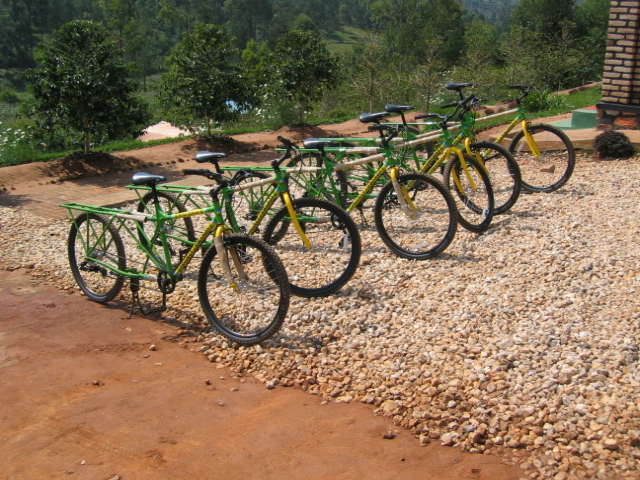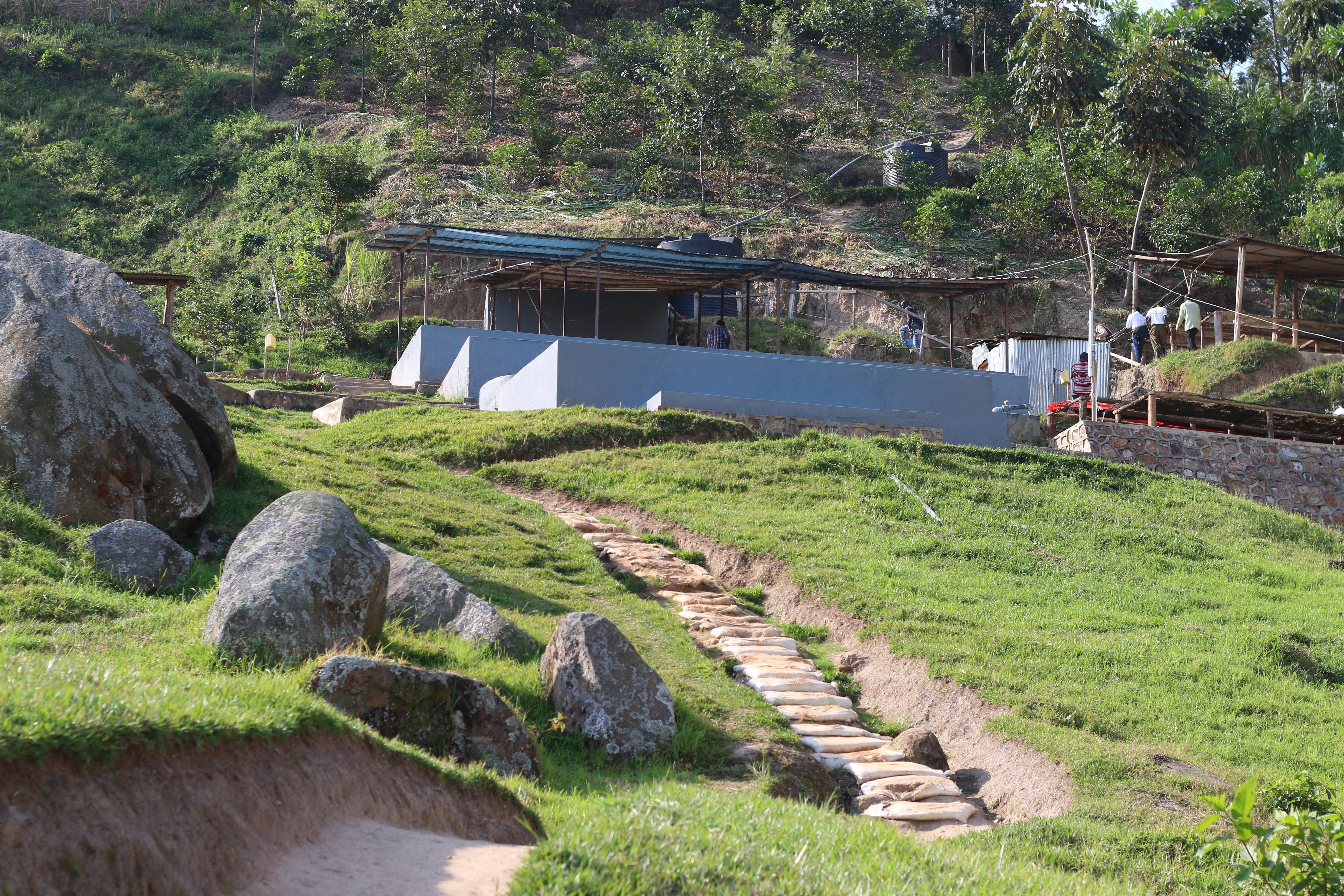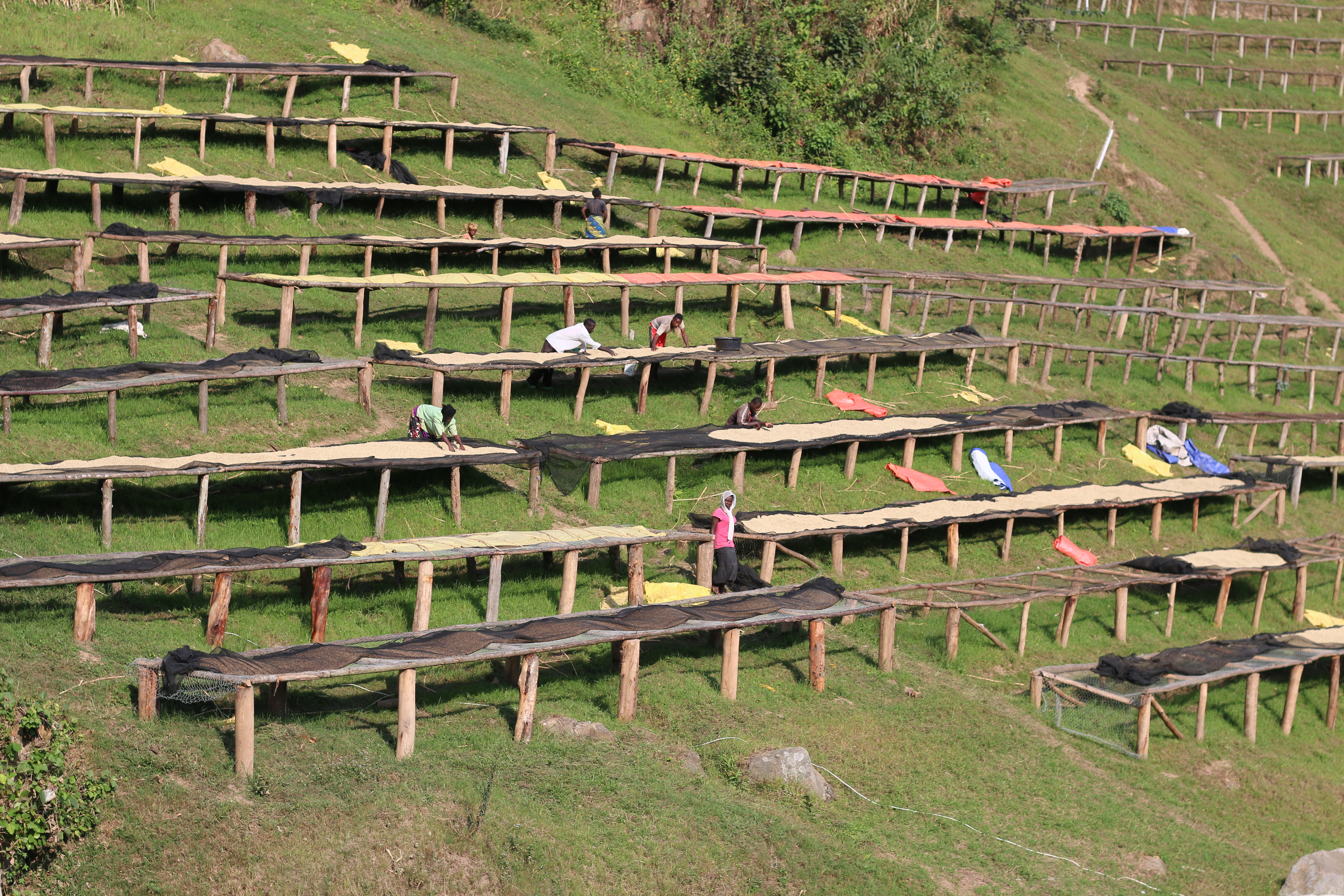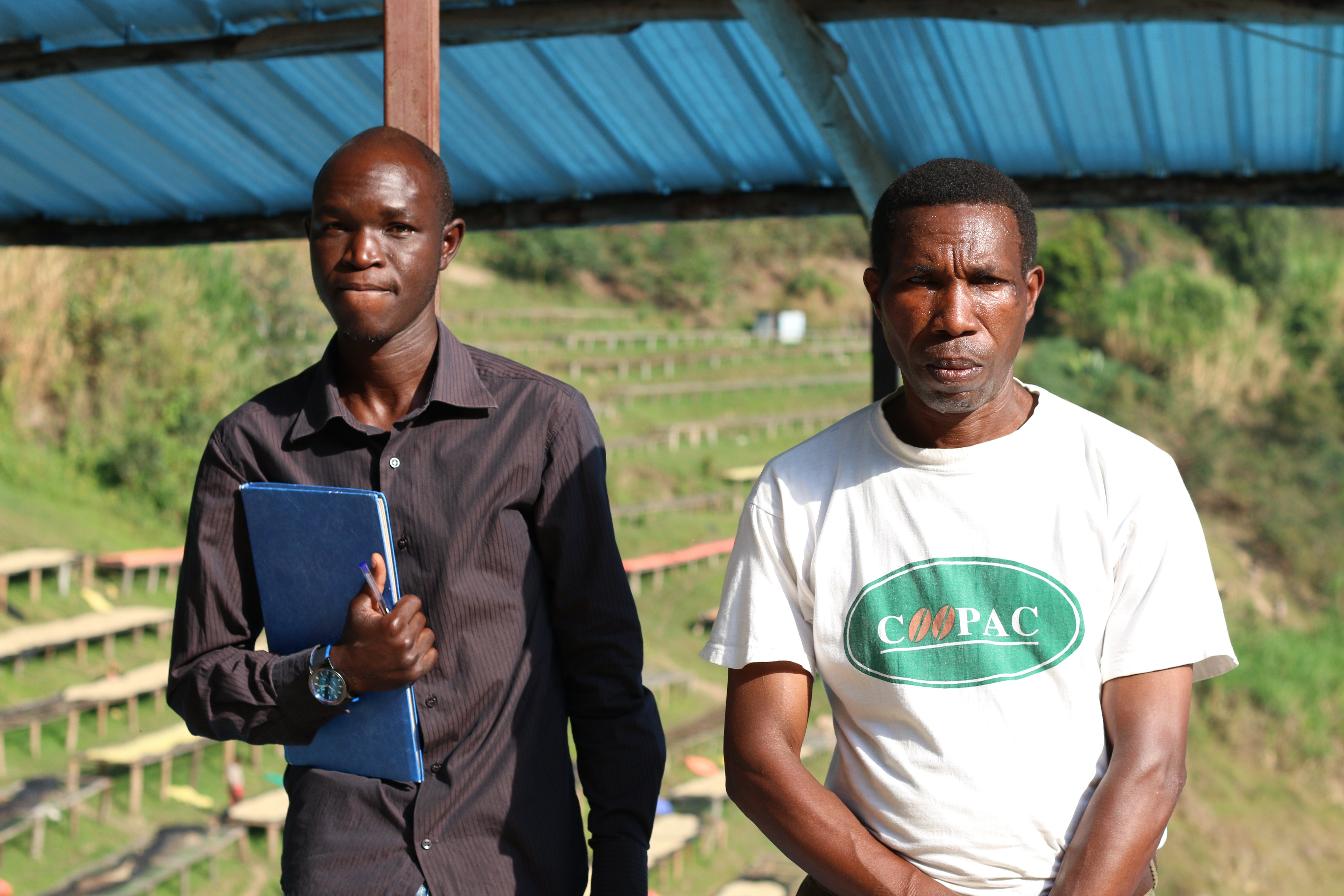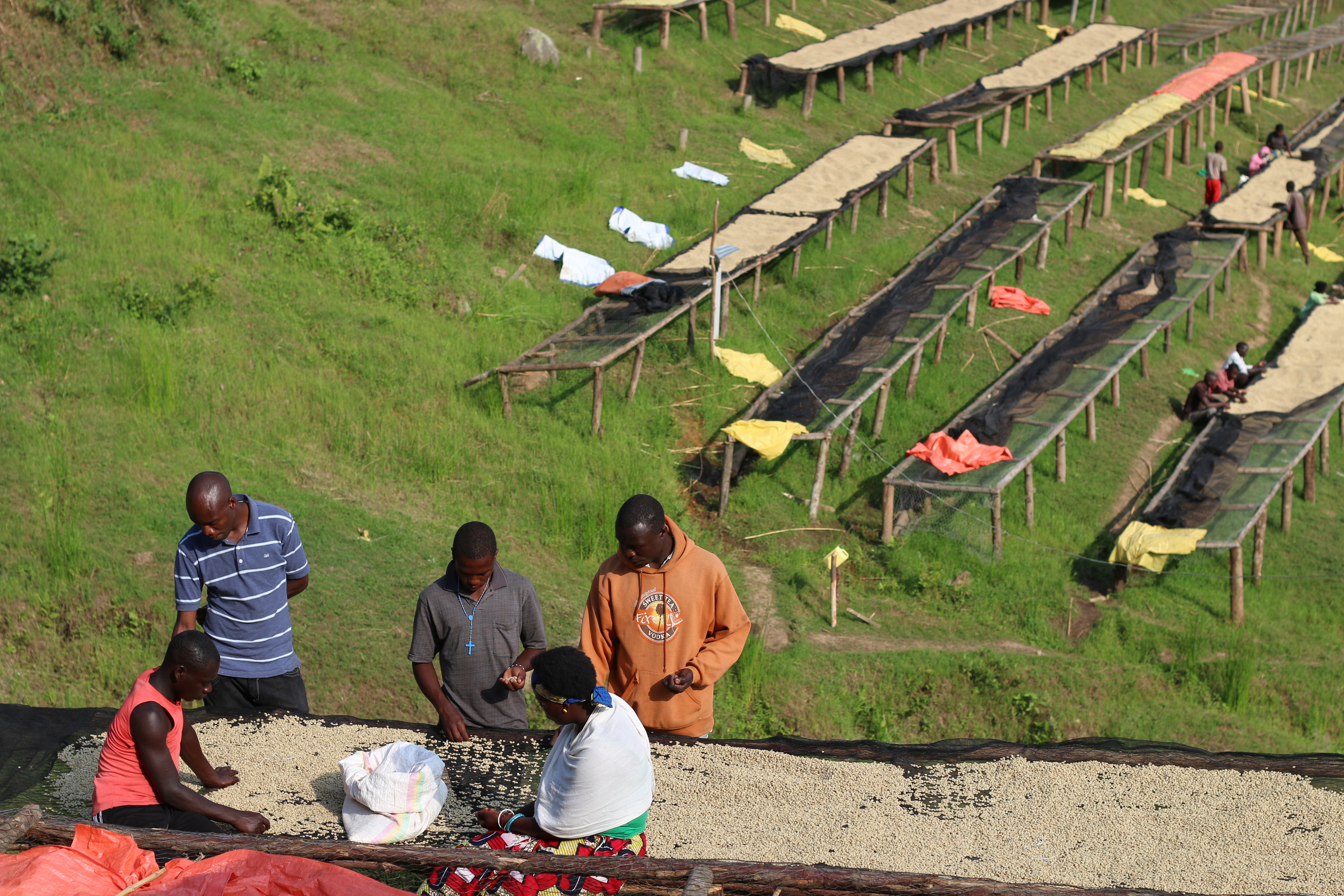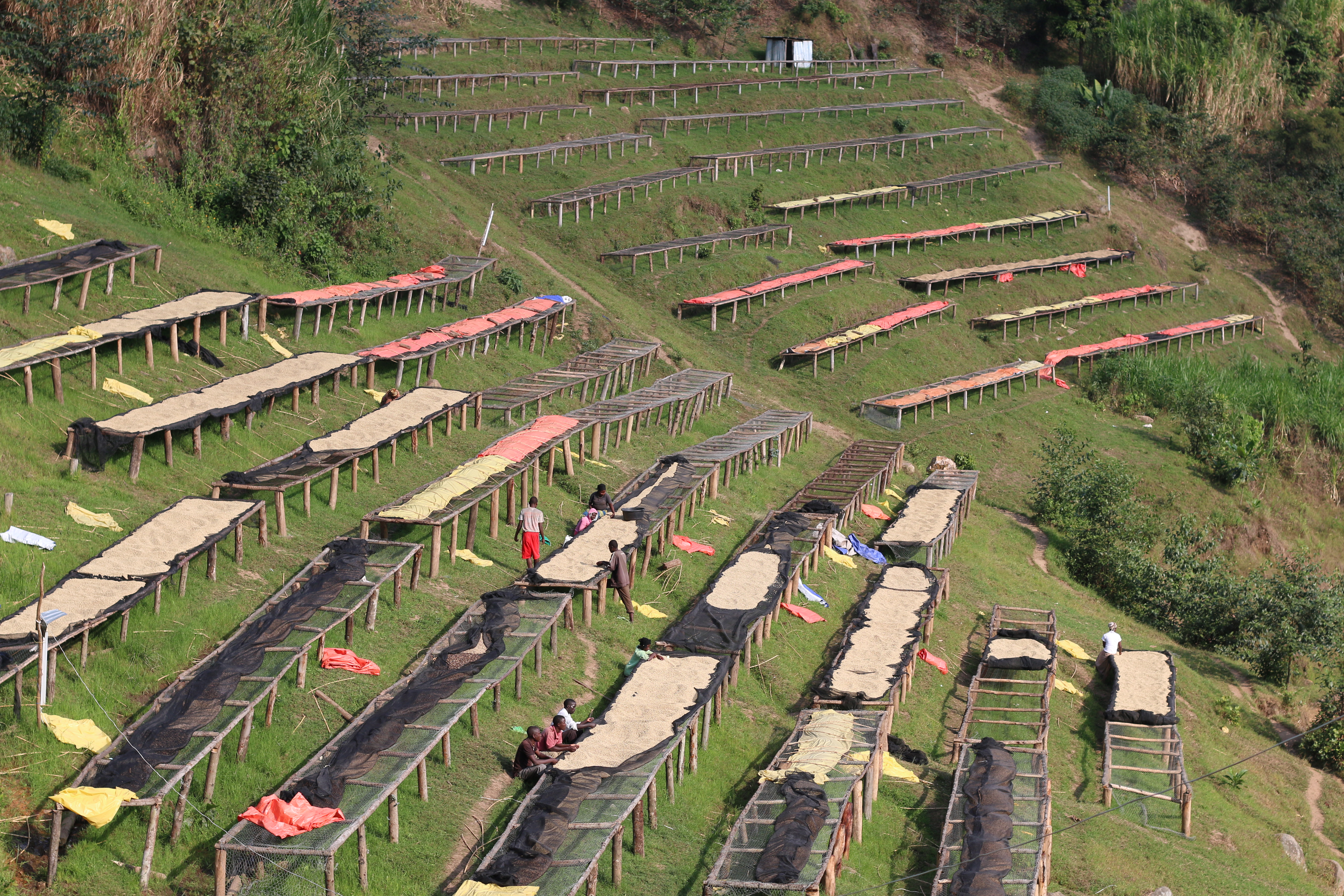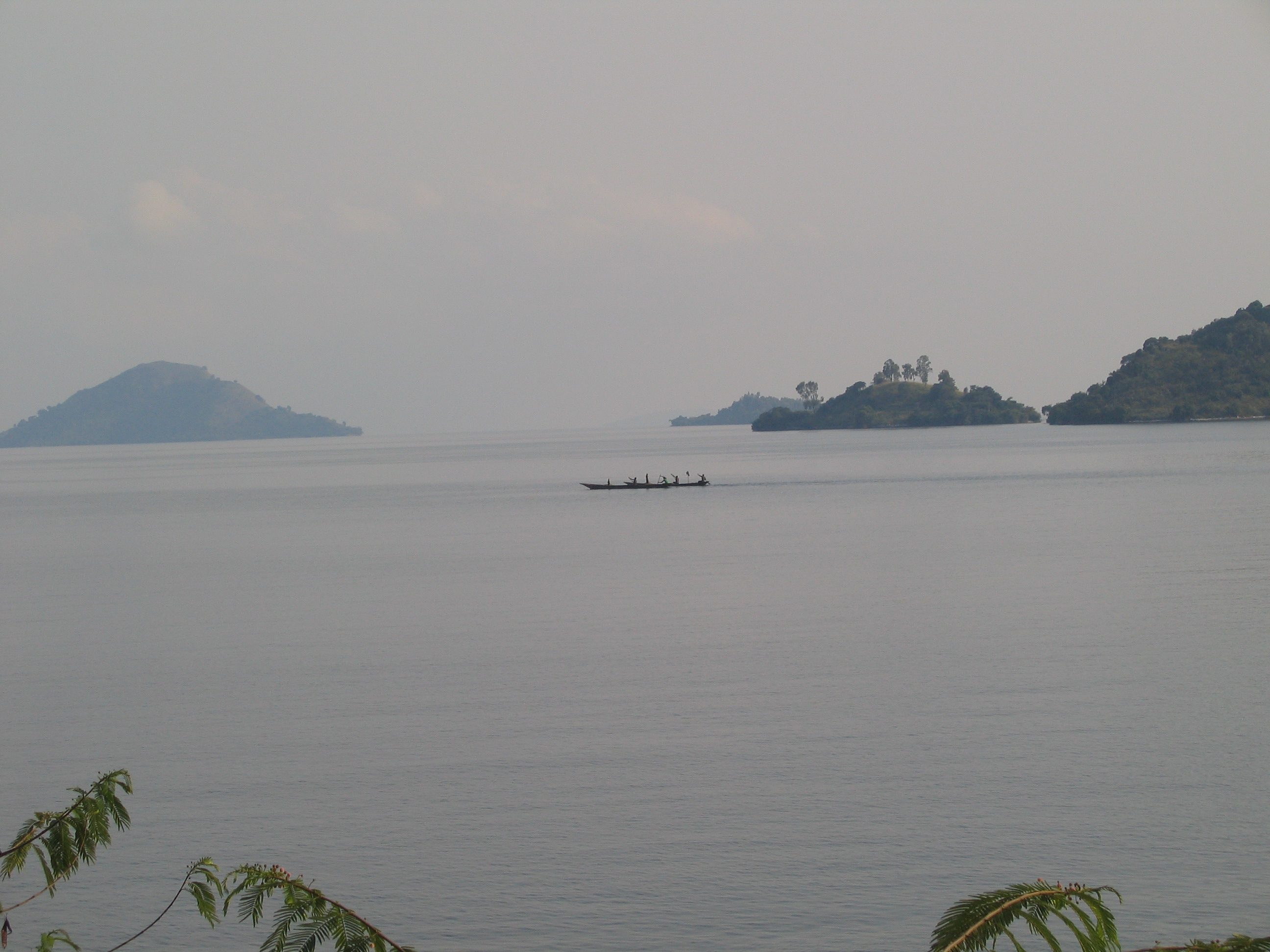Rwanda – FTO – COOPAC – COOPROCAKI – Kabirizi Washing Station – FLO ID 35350 B10972
Specs:
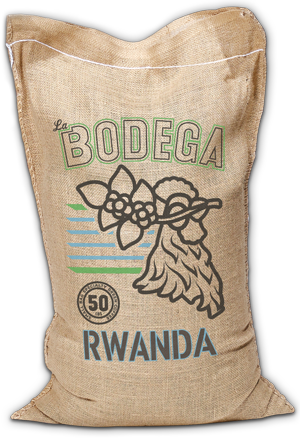
Source:
Rwanda
Region:
Rutsiro and Rubavu Districts, Western Province
Farm:
COOPAC Cooperative, Kabirizi Washing Station
Variety:
Bourbon, Mayaguez
Altitude:
1500–2000 masl
Processing:
Washed
Notes:
"Fruity with milk chocolate, melon and floral flavors; sweet with fruit acidity and a smooth mouthfeel."
Score:
Price/Bag:
$5.49 per lb
$274.50 per bagOut of stock
Background:
COOPAC is a Fair Trade–certified cooperative located near Lake Kivu on the steep slopes of volcanic mountains. The organization founded by Emmanuel Rwakagara, who is the president of COOPAC as well as the owner of the Gishamwana Island coffee estate. COOPAC began with 110 farmers in April 2001, and currently has 8,000 members contributing coffee from Ack, Ubuzima, Tuzamurane, Kopabm, Abakundakurima and Abanyamurava. With over 50 washing stations along the northern landscape of Lake Kivu, COOPAC exports 150 containers of Fair Trade certified coffee annually.
This subgroup of COOPAC is called COOPROCAKI: Coopérative des Producteurs du Café de Kivumu. There are 975 growers represented by the group, which was formed in 2016. These producers grow coffee in volcanic soil, harvesting cherry and delivering them the same day to the Kabrizi Washing Station for purchasing. At the mill, the coffee is depulped the day of delivery, fermented dry for 12 hours and then given a 24-hour wet fermentation or a "soak," and then washed three times to remove the mucilage. Coffee is then dried in mechanical dryers or raised beds for about 2–3 weeks.
COOPAC is committed to environmental and social sustainability in addition to producing high quality coffee. Waste by-products from processing are used as fertilizer rather than discarded into the lake, and shade trees are distributed to farmers to prevent soil erosion. COOPAC has assisted in the construction of a school, health-care clinics, and roads and bridges in the community. The cooperative also has a program to distribute cows and goats to the most productive farmers and provides farmers with an agricultural advisor to teach the latest production methods.
More info at www.COOPAC.com
For more information about coffee production in Rwanda, visit our Rwanda Origin Page.
Recommendations
-

Bolivia – FTO La Paz – La Cooperativa Corpus Cristhy Illampu R.L – Red Catuai & Typica – FLO ID 3645
$ 5.14 per lb Add to cart -

Brazil – Organic Cascara – Cascara Tea – Espirito Santo – Fazenda Camocim – Biodynamic
$ 15.87 per lb Add to cart -

Burundi – Microlot – Gakenke – Kayanza – Washed
$ 6.05 per lb Add to cart -

Colombia – Decaf Origin Select – EA Decaf de Cana – Huila
$ 5.27 per lb Add to cart
